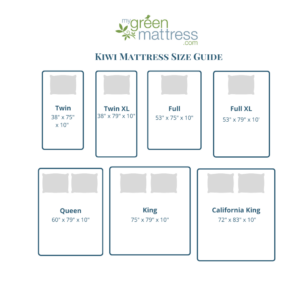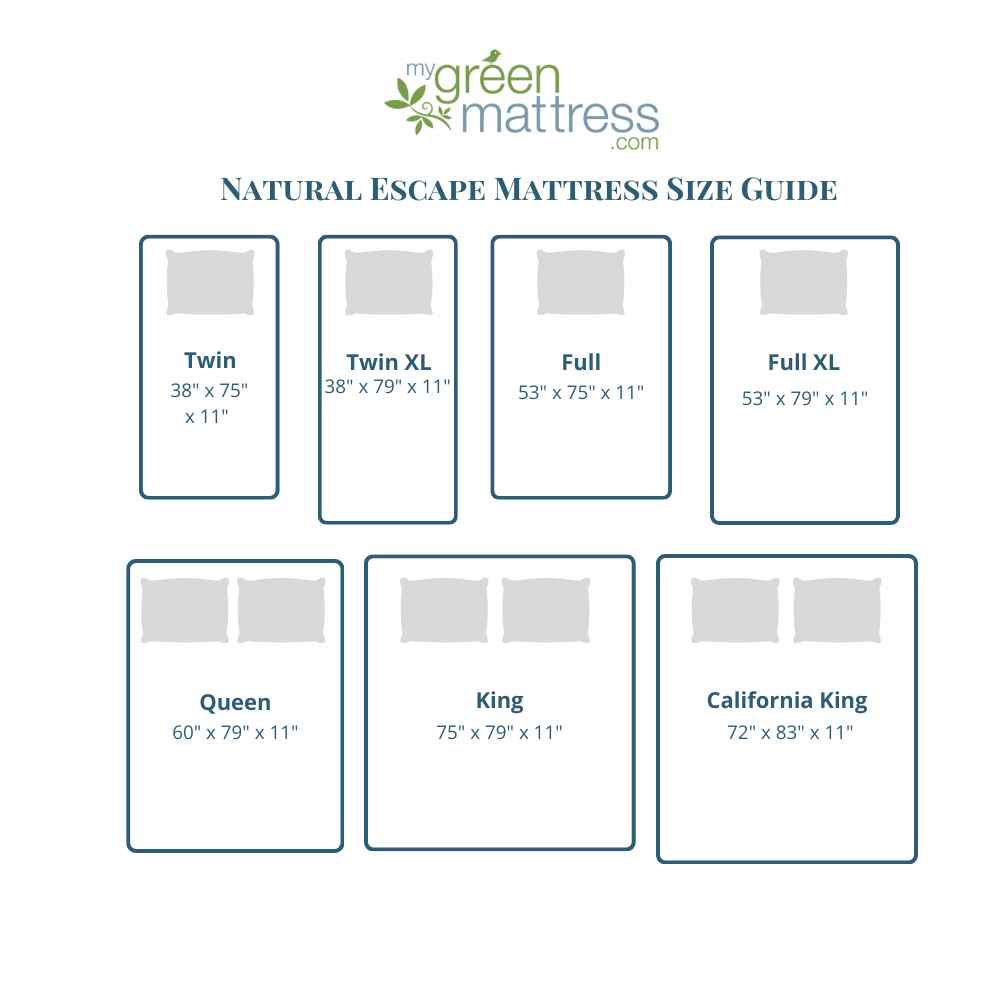You’ve brushed your teeth, washed your face, and put on your most comfortable pajamas. As soon as your head hits the pillow, you’re off into dreamland. You wake up the next morning feeling ready for the day because you slept through the night, and your body and mind are well-rested.
For those who don’t have trouble falling asleep – or staying asleep – they are part of a group that is shrinking. It is increasingly true that more and more people are having difficulty getting the sleep they need. This often results in them endangering themselves and others due to accidents and poor performance related to sleepiness.
It’s no secret that getting a good night’s rest is essential for optimal health. Unfortunately, for many Americans, this ideal is not a reality. In America, 70% of adults report that they obtain insufficient sleep at least one night a month, and 11% report insufficient sleep every night. Whether due to sleep disorders or hectic schedules, it is a problem that affects many. So much so that the Centers for Disease Control and Prevention have labeled insufficient sleep as a ‘public health epidemic.’
So, what can you do to get the sleep that is so vital to your well-being? Besides seeking treatment for any potential sleep disorder, below are some bedtime rituals you may want to try to aid in facilitating a restful night’s sleep.
- Meditation
When it is time to go to sleep, we often struggle due to thinking about the day’s events or what we need to do tomorrow. Have you ever lay in bed, desperately trying to get to sleep only to watch the hours on the clock tick by ever so slowly? Your anxiety building with each passing minute because you know your precious sleep time is dwindling.
Consider trying meditation to relax your mind before bed. There are different types of meditation that you can experiment with to discover which works best at helping you to manage stress and get better sleep. If you have never done meditation before, it is helpful if you practice during the day to get the hang of it. When you meditate, your pulse slows down, your blood pressure drops, and stress hormones decrease, similar to what happens during the early phases of sleep. Therefore, being able to meditate successfully will help you fall asleep more easily.
- Listen to (slow) music
Listening to music is an activity that is enjoyed by many. From the young to the old, in solitude and celebrations, music is a vehicle that is appreciated in numerous areas of our lives. It is also useful for helping us get to sleep.
Like meditation, when used consistently, it can help you to fall asleep faster, possibly due to the similar ways that music mimics the sleep state. Research has also revealed the relationship that music has with changing our moods and relieving pain. When you are full of anxiety or in pain, it is hard to sleep. And when it is difficult to sleep, you may become anxious, or you may be more sensitive to your pain. Basically, studies have shown that listening to music can minimize these issues and, in turn, allow you to enjoy better sleep. There are certain recommendations, however, like listening to slow music that is not emotionally charged or contains lyrics that make you likely to start singing along.
- Aromatherapy
Smells can have a profound effect on our moods. Scents can trigger memories and evoke emotions. Certain scents, in the form of essential oils, can aid in successful sleep.
Three types of essential oils have been identified as helping induce restful sleep: lavender, valerian, and bergamot. These oils have been shown to have psychological and physiological benefits. From helping you to fall asleep faster to improving sleep quality and slowing your heart rate and lowering your blood pressure, using these oils can significantly enhance your sleep experience.
- A warm bath
If you’re not one who relishes the thought of taking a warm bath after a long day, maybe you should rethink your position. Especially if you have difficulty falling or staying asleep, a warm bath may be the right prescription.
When it is bedtime, our body temperature usually drops. This drop in temperature is necessary for a good night’s sleep. If this temperature change doesn’t occur, it could result in trouble falling asleep or waking up in the middle of the night.
Taking a warm bath one to two hours before bed duplicates this effect. So, put the kids to bed, light a candle, and slip into the tub!
Getting inadequate sleep is not fun. But there are things you can do to improve the sleep you are getting. Try using one of the bedtime rituals above to create a healthy habit that suits your individual needs.









